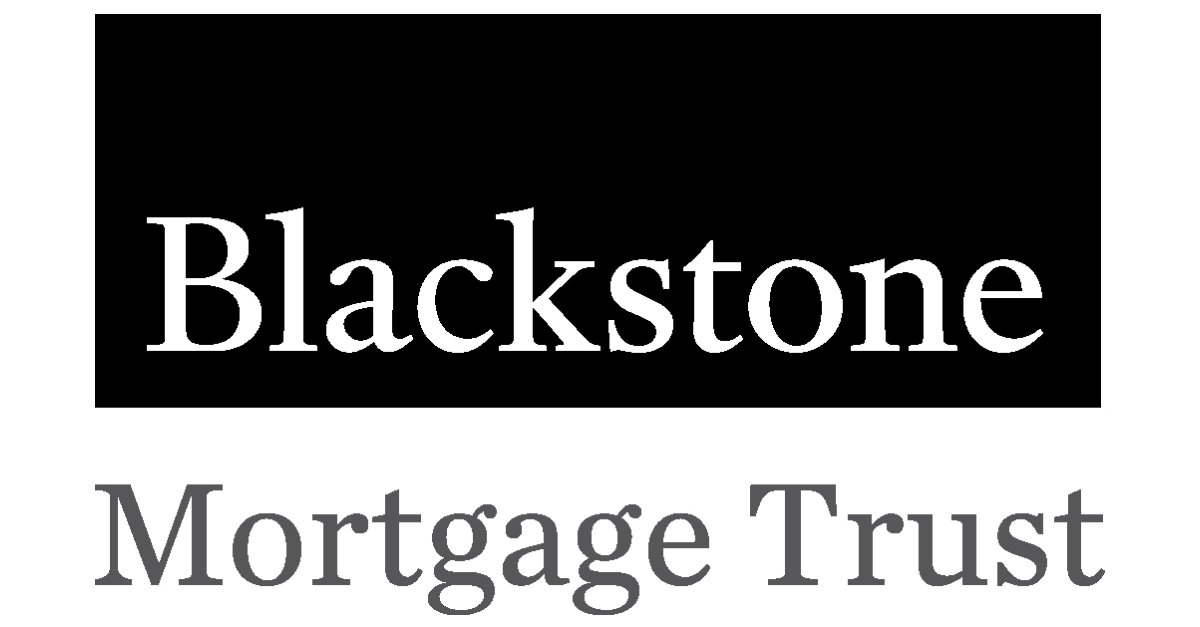1. The biggest tail risk to equities IMO is contagion in the Chinese credit market. Here's a quick summary thread:
2. Since the GFC China has seen massive credit expansion, with the majority at the local government (LGFV) or state owned enterprise (SOE) level. This credit expansion is mostly related to property and infrastructure development and is critical to reaching top-down GDP targets
3. This investment is not necessarily productive, particularly in lower tier cities. This massive debt is often short term and so huge quantum's constantly needs to be refi'd.
4. Historically SOE/LGFVs have been able to expand and refi their debt due to 1. local land sales to property developers 2. bond issuances that price with implicit Beijing backing and 3. shadow banking sources.
5. Beijing has long understood that moral hazard would create unsustainable build in debt levels, but always preferred that to the alternative of a credit collapse. This backstop is the key factor that has sustained credit markets allows SOE debt has always traded at par
6. This has allowed a massive buildup of non-performing loans and bad debt which can only be assumed to be endemic in the banking system
7. However, Beijing has taken significant steps to rein in debt and break the guarantee. They cracked down on shadow banking (source of financing for LGFVs and prop developers). They also imposed credit limits on prop developers killing revenue for local govt via land sales
8. In 2019, they let Baosheng fail - the first time a bank had failed in 20 years. COVID allowed some reprieve in the form of loosened monetary policy, but by late 2020, several SOE's began defaulting at an unprecedented clip - signaling that the backstop was truly being severed
9. SOEs (with $331bn due to refi this year) reneged on a record 79.5 billion yuan of local bonds in 2020, lifting their share of onshore payment failures to 57% from 8.5% a year earlier. The figure jumped to 72% in the first quarter of 2021 (per BBG)
10. SOE new debt issuances have plummeted since 2020, meaning that the access to new credit to refi their debts is not there and they are all facing massive refi walls this they won't be able to roll
11. In late 2020, the largest and most indebted property developer Evergrande warned that without fresh capital it would fail, potentially causing a systematic cascade. It has since taken to creating its own "EV startup" in an attempt to tap the Bubble for fresh capital (lol)
12. Now comes Huarong. While ppl have long known of issues at Huarong - it has always traded at par until April of this year given its systematic importance and partial ownership by China's central financing authority.
13. Beijing has signaled that it wants both onshore and offshore investors to take a haircut in the Huarong restructuring, causing both onshore and local bonds to trade at steep discounts today. Critically, bonds are seeing huge haircuts in onshore repo markets
14. The repo market is critical because it means that onshore financials holding Huarong debt are seeing their collateral impaired, causing even more liquidity stress on those holders who are likely already under stress
15. The most critical factor is not likely to be the failure of any institution, but rather contagion of market-wide reassessment of credit risk. This is starting to show up in recent reporting: BBG says Cinda and China Orient's bonds are beginning to slip
16. In sum, the parallels to US in Sept 2008 are striking. Critical policy decision relating to saving a failing bank with bad assets over-levered on a property bubble. Unless Beijing steps in with a strong statement to support these firms, the risk of contagion is very real
17. The canaries in the (Yunnan) coal mine have been there for years, but now things are moving in a fast escalating fashion. It finally feels this may come to a head. The ramifications globally are unknowable but there is real the risk is that this pops the global asset bubble.
BBG reporting that as of 11am this morning there is zero liquidity for Huarong onshore bonds (they have ~$40bn outstanding). Meanwhile, Evergrande bonds are blowing out again as regulators asking bank holders for stress tests (>$100bn debt outstanding ex. much more off B/S)
While you’re talking rates and CPI, the story on Caixin is the most senior finance official in China “sounding the alarm bell” over on its financial system. No liquidity in Huarong onshore, Evergrande trading off, Cinda/Great Wall exec indicted for graft yesterday… 

• • •
Missing some Tweet in this thread? You can try to
force a refresh


















